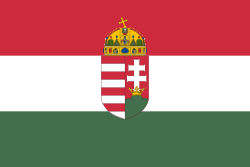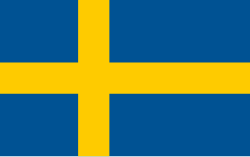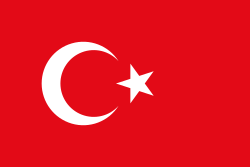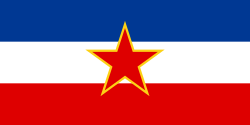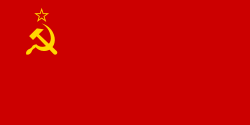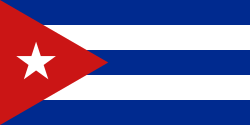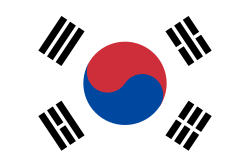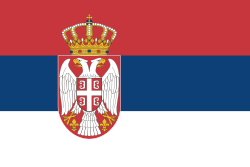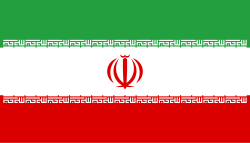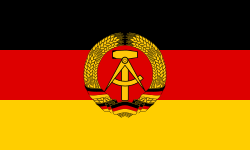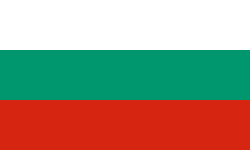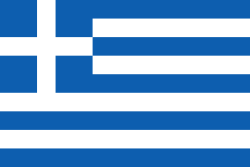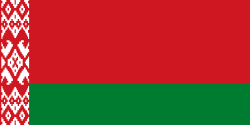Ryszard Wolny
| Ryszard Wolny | |
|---|---|
 | |
| Narození | 24. března 1969 (54 let) Ratiboř |
| Povolání | zápasník |
| Ocenění | rytíř Řádu znovuzrozeného Polska |
| Některá data mohou pocházet z datové položky. | |
| Přehled medailí | ||
|---|---|---|
| zlato | LOH 1996 | řecko-římský do 68 kg |
| Mistrovství světa v zápasu řecko-římském | ||
| bronz | MS 1990 | pérová váha |
| Mistrovství Evropy v zápasu řecko-římském | ||
| zlato | MS 1989 | pérová váha |
| bronz | MS 1990 | pérová váha |
| stříbro | MS 1995 | lehká váha |
| stříbro | MS 1999 | lehká váha |
Ryszard Marcin Wolny (* 24. března 1969 Racibórz, Polsko) je bývalý polský reprezentant v zápase, specializující se na zápas řecko-římský.
Kariéra
V letech 1988 až 2004 startoval na pěti olympijských hrách. V roce 1996 v Atlantě vybojoval ve váhové kategorii do 68 kg zlatou olympijskou medaili. Při své olympijské premiéře v roce 1988 v Soulu vypadl v kategorii do 57 kg ve druhém kole, v roce 1992 v Atlantě v kategorii do 68 kg obsadil 7. místo, stejně jako v roce 2000 v Sydney, zde již v kategorii do 69 kg. V roce 2004 v Athénách završil svoji olympijskou účast 17. místem v kategorii do 66 kg
V roce 1990 vybojoval na mistrovství světa bronzovou medaili v kategorii do 62 kg. V roce 1989 zvítězil na mistrovství Evropy v kategorii do 62 kg. V roce 1995 vybojoval stříbro v kategorii do 68 kg, v roce 1999 v kategorii do 69 kg. V roce 1990 vybojoval bronz v kategorii do 62 kg.
Externí odkazy
 Obrázky, zvuky či videa k tématu Ryszard Wolny na Wikimedia Commons
Obrázky, zvuky či videa k tématu Ryszard Wolny na Wikimedia Commons - Ryszard Wolny v databázi Olympedia (anglicky)
- (polsky) Profil na stránkách olimpijski.pl
Média použitá na této stránce
Olympic Rings without "rims" (gaps between the rings), As used, eg. in the logos of the 2008 and 2016 Olympics. The colour scheme applied here was specified in 2023 guidelines.
Olympic Rings without "rims" (gaps between the rings), As used, eg. in the logos of the 2008 and 2016 Olympics. The colour scheme applied here was specified in 2023 guidelines.
Autor: F l a n k e r, Licence: CC BY-SA 2.5
Flag of the Kingdom of Sardinia (1851-1861) and of the Kingdom of Italy (1861-1946). Use: Civil flag and ensign. In a governmental or a military context, the crowned version (see Crowned version) was always used (as State flag and naval ensign).
Autor: F l a n k e r, Licence: CC BY-SA 2.5
Flag of the Kingdom of Sardinia (1851-1861) and of the Kingdom of Italy (1861-1946). Use: Civil flag and ensign. In a governmental or a military context, the crowned version (see Crowned version) was always used (as State flag and naval ensign).
Finská vlajka
Flag of Hungary, from 6 November 1915 to 29 November 1918 and from August 1919 until mid/late 1946.
(c) I, Cmapm, CC BY-SA 3.0
The flag of the Soviet Union (1955-1991) using a darker shade of red.
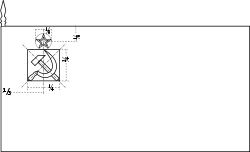
(c) I, Cmapm, CC BY-SA 3.0
The flag of the Soviet Union (1955-1991) using a darker shade of red.

Variant version of a flag of Japan, used between January 27, 1870 and August 13, 1999 (aspect ratio 7:10).
Flag of Romania, (21 August 1965 - 22 December 1989/officialy 27 December 1989).

Construction sheet of the Flag of Romania as depicted in Decree nr. 972 from 5 November 1968.
- l = 2/3 × L
- C = 1/3 × L
- S = 2/5 × l
Flag of Romania, (21 August 1965 - 22 December 1989/officialy 27 December 1989).

Construction sheet of the Flag of Romania as depicted in Decree nr. 972 from 5 November 1968.
- l = 2/3 × L
- C = 1/3 × L
- S = 2/5 × l
Flag of the Socialist Federal Republic of Yugoslavia (1946-1992).
The design (blazon) is defined in Article 4 of the Constitution for the Republic of Yugoslavia (1946). [1]
Flag of the Socialist Federal Republic of Yugoslavia (1946-1992).
The design (blazon) is defined in Article 4 of the Constitution for the Republic of Yugoslavia (1946). [1]
Flag of Iran. The tricolor flag was introduced in 1906, but after the Islamic Revolution of 1979 the Arabic words 'Allahu akbar' ('God is great'), written in the Kufic script of the Qur'an and repeated 22 times, were added to the red and green strips where they border the white central strip and in the middle is the emblem of Iran (which is a stylized Persian alphabet of the Arabic word Allah ("God")).
The official ISIRI standard (translation at FotW) gives two slightly different methods of construction for the flag: a compass-and-straightedge construction used for File:Flag of Iran (official).svg, and a "simplified" construction sheet with rational numbers used for this file.
Georgian flag in Pantone MS.
this is the flag of the Soviet Union in 1936. It was later replaced by File:Flag of the Soviet Union (1955-1980).svg.




